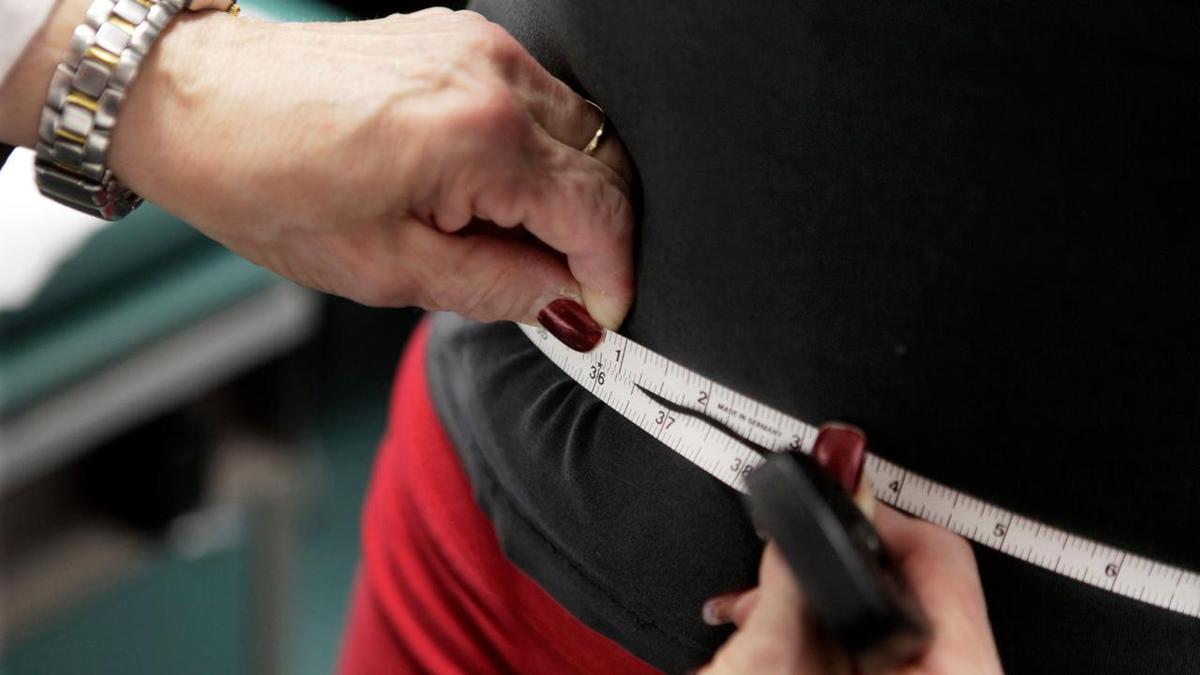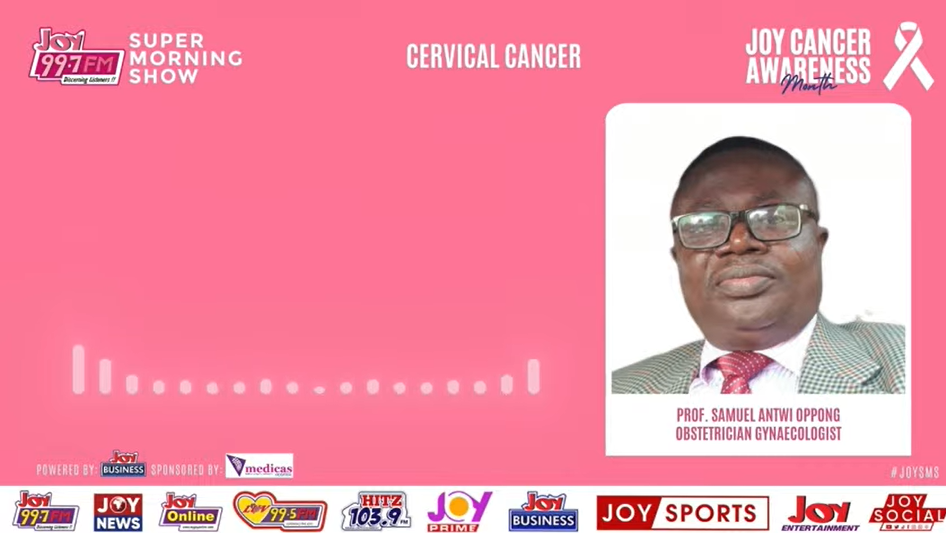Copyright dailymail

A few years ago, I hosted a late-night call-in show on 2UE radio, offering listeners help with their health dilemmas. Given the hour, the phones were often quiet - until one night, my producer casually mentioned his struggle with Restless Legs Syndrome (RLS). Instantly, the lines lit up with callers, all wide awake and desperate for answers about the very same issue. It quickly became our go-to hack on a quiet shift: whenever the phones went silent, we'd simply bring up restless legs, and callers would flood in every time. Yes, it really is that widespread. That experience was my introduction to just how common - and deeply frustrating - this mysterious condition is, and how many people are desperate for relief. What is restless legs syndrome? RLS is a neurological condition, not a simple cramp - although leg cramps caused by dehydration or exercise are common. With RLS, sufferers feel an irresistible urge to move their legs to find relief, most often late at night. This discomfort is deep inside the legs, usually between the knee and ankle - not a surface pain, but an odd fizzing, tingling or crawling inside the legs. It's also often described as an energy building up that only a walk seems to settle. This seriously disrupts sleep, makes people feel cranky during the day, and then they're afraid to go to bed the next night. It's estimated that about 12 per cent of adults are dealing with RLS, and nearly 3 per cent suffer from severe symptoms. What causes it? Truthfully, doctors are still stumped. RLS remains a mystery - not unlike chronic fatigue syndrome. We know it's common and disruptive, but the root cause is elusive. Low iron is sometimes a factor, especially in pregnancy, but not always. It's more common as people get older, and in pregnant women - though it's unclear whether that's down to pregnancy itself or iron deficiency. Certain medications can exacerbate RLS symptoms, including sedating antihistamines and some antidepressants. There also appears to be a genetic component, as RLS often runs in families. RLS isn't something you can pick up on a blood test or scan either. There's no imaging or lab result to confirm it - it's a diagnosis of exclusion, making it hard to describe and even harder to treat. Treatment: what can help? The first step is always ruling out other causes - neurological conditions like MS, for example, or iron deficiency. Blood tests and, occasionally, scans may be involved. Lifestyle and dietary changes may be beneficial. Some individuals find relief by avoiding alcohol, nicotine, and caffeine. Regular exercise and muscle stretching during the day can also help, as can a consistent bedtime routine to improve sleep quality. Magnesium supplementation is a common next step, though evidence supporting its effectiveness is limited. Iron supplementation might also help, but it's wise to consult a doctor for personalised advice before starting any supplements. Some patients swear by fish oil, high-dose vitamin D, or even cod liver oil. Massaging legs or raising them before bed can also help. When simple fixes don't cut it, prescription medications may be considered. One option is using Parkinson's medication (such as Sifrol) 'off-label'. It sometimes calms restless sensations and helps settle legs, much like it helps with Parkinson's tremors. If that fails, doctors may reluctantly prescribe opioid painkillers for severe, sleep-disturbing cases. This is a last resort, used only in the evening, and not preferred due to the risks of dependence. Other drugs, like gabapentin or Lyrica (used for nerve pain or epilepsy), may also be tried. These help some, but have side effects: drowsiness, weight gain, and more. Sometimes you treat the legs, but trade for other symptoms. The basic principle is to start with the simplest, safest treatments and step up only if absolutely necessary. What works for one person may not work for others - there's no magic fix, and finding relief is often trial and error. Why sleep loss matters Restless legs can have a major impact on quality of life. If you're up and moving every hour, you're missing out on deep, restorative sleep. Ongoing sleep deprivation can quickly spiral into anxiety and depression, and it can feel isolating and lonely to be the only one up in the still of the night. Home hacks and comfort measures There's no shortage of home remedies people suggest - some helpful, some less so. You'll hear about acupuncture (not proven), cut-up onions on feet (I wouldn't recommend), heat or ice packs, hot baths, raising legs, or pre-bed massages. While these aren't guaranteed, many find some comfort in them. A diagnosis of exclusion Restless legs syndrome is, in the end, a diagnosis of exclusion. There's no test or scan that can confirm it, and the sensation - deep and persistent, usually between knee and ankle - can be difficult to articulate. But make no mistake: it's real, it's common, and it's worth talking to your doctor if you're suffering. Brad McKay is a medical practitioner, author, TV host, and media commentator. Since his role as the host of Embarrassing Bodies Down Under and the release of his book Fake Medicine: Exposing the Wellness Crazes, Cons, and Quacks Costing Us Our Health, he's emerged as one of the leading voices in Australian healthcare This article is for general informational purposes only and does not constitute medical advice. Therapeutic goods and treatments mentioned, including medications and medical devices, may not be suitable for everyone. Always consult a qualified healthcare professional before starting, changing, or stopping any treatment. This content complies with the Therapeutic Goods Administration (TGA) guidelines by avoiding misleading claims, ensuring accuracy, and encouraging consumers to seek appropriate medical advice. READ MORE FROM DR BRAD MCKAY There's a new treatment for erectile dysfunction that doesn't require pain, pumps or pills. Before you give up on your sex life, you need to read this



